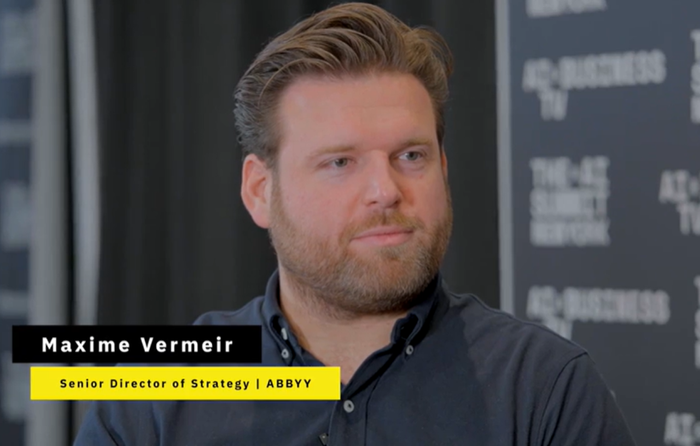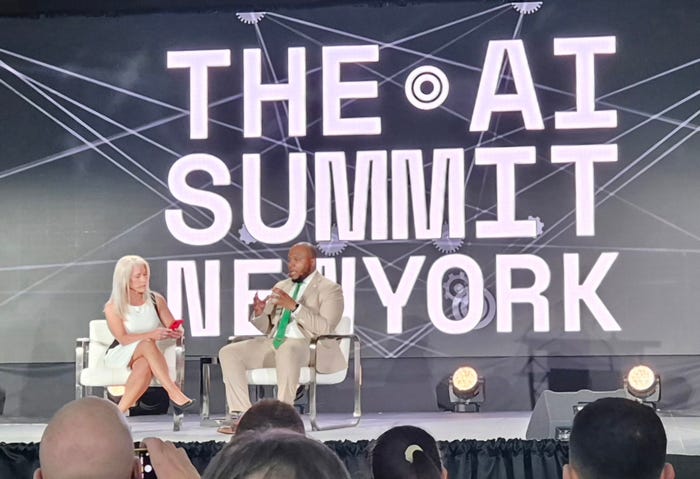IoT Product Developers Need Freedom and Ecosystem Support
With product developers focusing more on IoT applications, the need for ecosystem support and professional tools to help them get their concepts to market is greater than ever.
January 14, 2019

By Dan O'Shea
Individual product developers and developer communities continue to be key drivers of IoT innovation, meaning large technology vendors leveraging these innovations into industry-transforming architectures need to maintain a delicate balance, allowing developers freedom to pursue their own paths, while providing them with tools to turn visions into reality.
“There is so much innovation coming from developer communities, but putting up a lot of corporate constructs around them would be constraining,” said Bob Merriman, director of strategic planning at Avnet. “Supporting them within the frame of an ecosystem is really important.”
The need for ecosystem support and professional tools to help product developers get their concepts to market is greater than ever, as suggested by the results of Avnet’s recent Product Developer Index survey, which collected the opinions of 1,190 of the combined 1.3 million members of the Hackster.io and Element14 developer communities.
Among those surveyed, 61 percent said IoT and sensors are the most important technologies they are currently working with, overshadowing in significance technology segments such as robotics and drones. Also, 26 percent of developers called IoT the most improved technology of 2018, giving IoT the edge even over the red-hot field of artificial intelligence, which finished second at 25 percent.
While even the most ardent IoT enthusiasts may be growing cautious about the notion of attaching sensors to anything and everything, Merriman said the survey results suggest sensor technology continues to be “one of the most underrated technologies in IoT.” “We’re not near the top of the mountain yet in terms of what can be done with them,” he said.
That potential has driven a boom in product developers starting up and targeting IoT in recent years, but it doesn’t take long for many of them to encounter the practical business and technology challenges that accompany their ambition.
Time and cost were mentioned by Avnet survey respondents as the biggest general challenges developers faced in moving from design phases to manufacturing. About 34 percent of developers surveyed said obtaining enough financing was a major challenge. Likely because of that more than 37 percent of survey respondents said they sought out partners to help them bring their products to market.
“They run into that age-old problem of startups — the ‘Death Valley Curve,’” Merriman said. “They sometimes don’t have enough money to fully realize their projects, but they can’t generate the revenue yet that could help them do that, and they’re stuck in between.”
That makes it especially important for Avnet and other large technology product firms to be ready to support developers from very early stages through later stages of getting to market, with tools such as design services, prototyping capabilities and product certification assistance. Some may even need help with technology selection, as 26 percent of those surveyed by Avnet said that identifying the best technology to use in their designs was a major challenge. At the latter end of the go-to-market spectrum, about 22 percent cited the ability to obtain product certification as a particular difficulty.
Aside from those business and operational concerns, security continues to be a major challenge for developers. Eighty-one percent of those surveyed said it is the biggest technological hurdle they face in IoT deployments.
On that issue, the results of Avnet’s survey echoed what similar studies have said. For example, an Evans Data survey from last summer found that more than two-thirds of developers working on IoT projects were addressing how to optimize security on their devices and applications. Their own pain may have caused them to prioritize security optimization, as 70 percent of the developers from that study indicated they already had been affected by a security breach.
It’s no surprise then to see companies like Avnet now adding more security support tools to their ecosystem offerings. At last week’s Consumer Electronics Show in Las Vegas, Avnet unveiled a developer starter kit for using Microsoft Azure Sphere to secure IoT devices and applications.
While IoT developers face many challenges even before they can put their products in front of customers, there are indications that with ecosystem support some things are getting easier. Fifty-eight percent of those surveyed by Avnet said the process of developing and testing prototypes has become a smoother one – 17 percent more said so last year. Developers also reported that other processes, such as identifying technology sources and scaling up production, also are on the upswing.
In many cases, such improvements would not have been realized without developers’ participation in strong ecosystems. “The ecosystem support is what separates the haves from the have-nots in this space,” Merriman said. “No one out there has everything they need to succeed all on their own.”
Related Content:
You May Also Like






